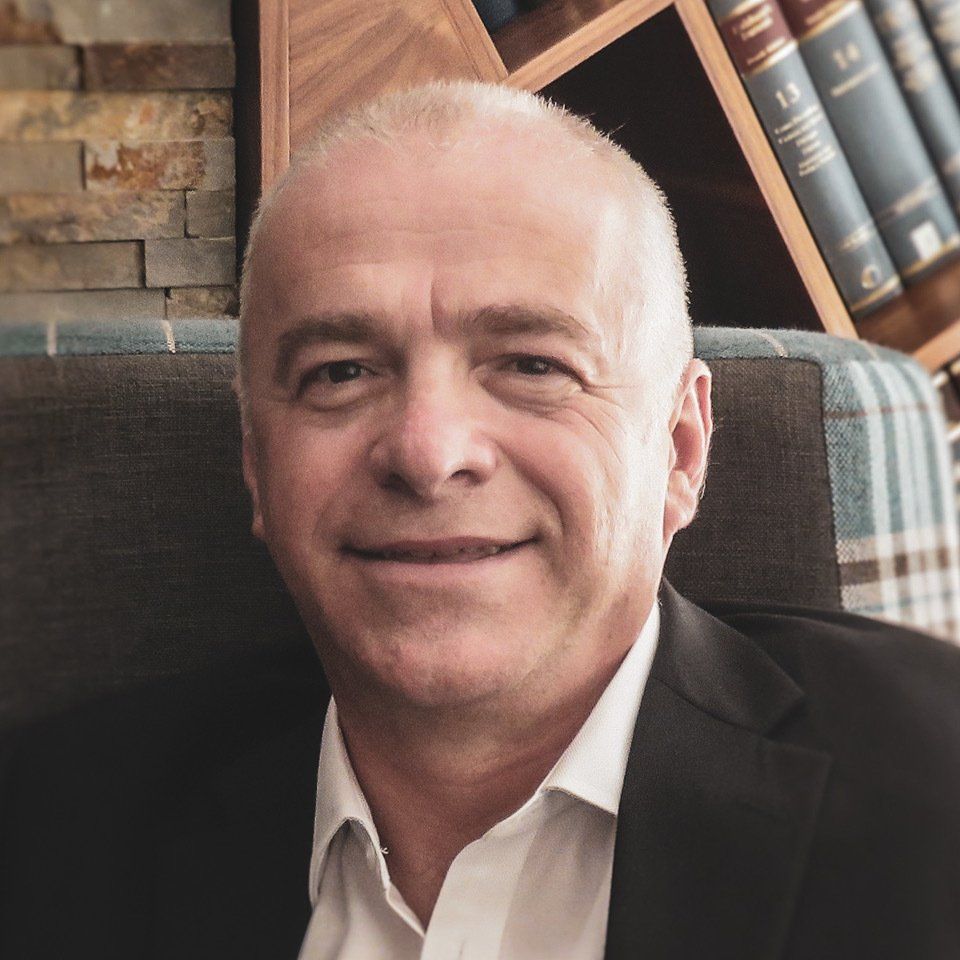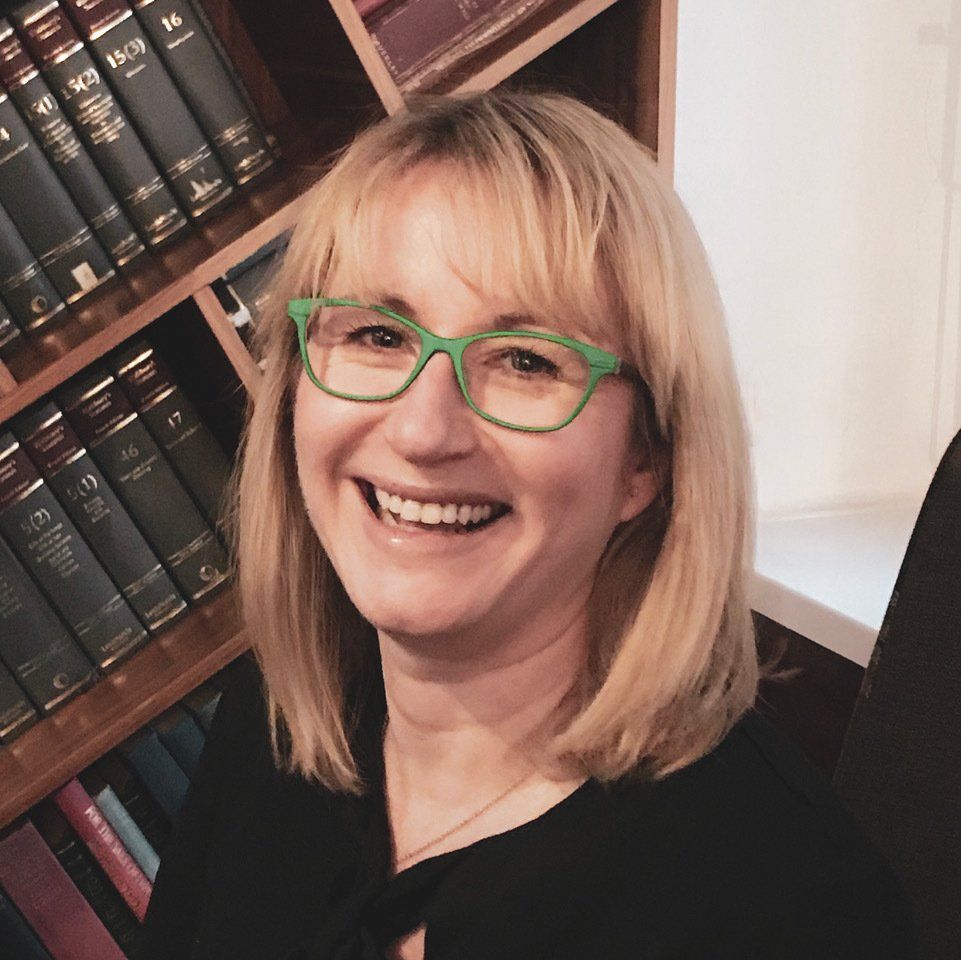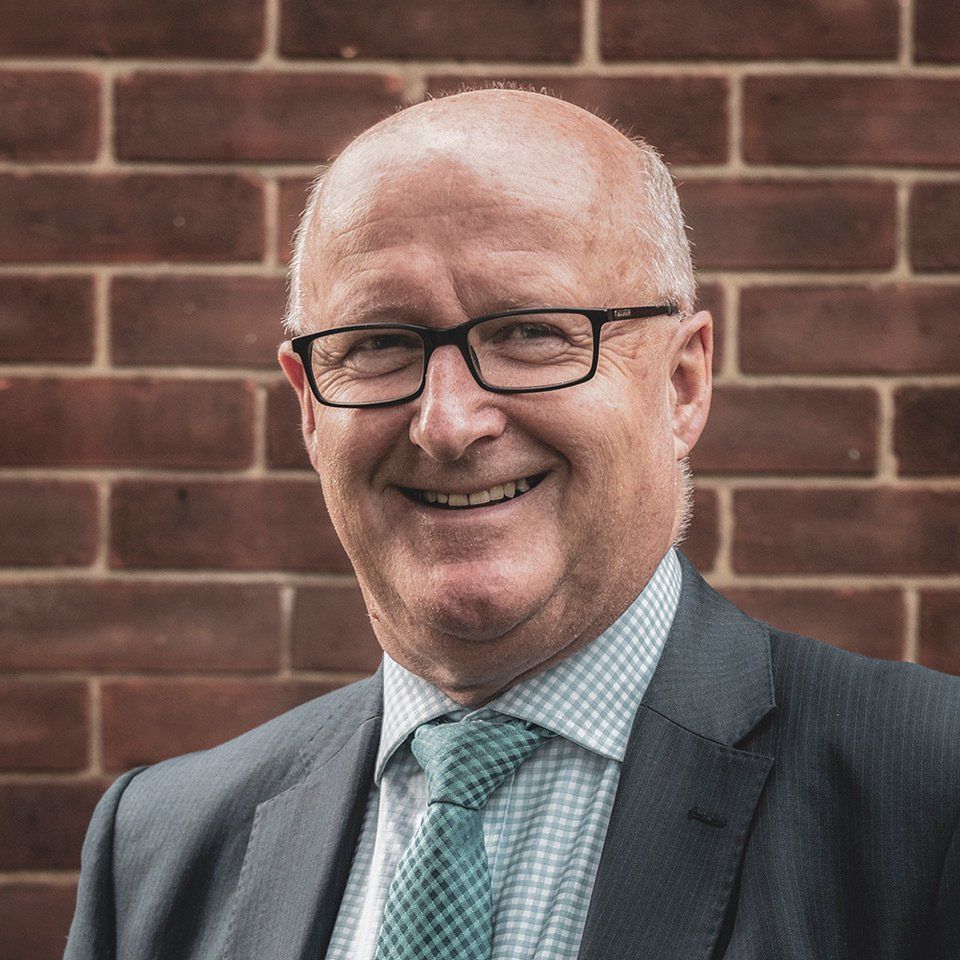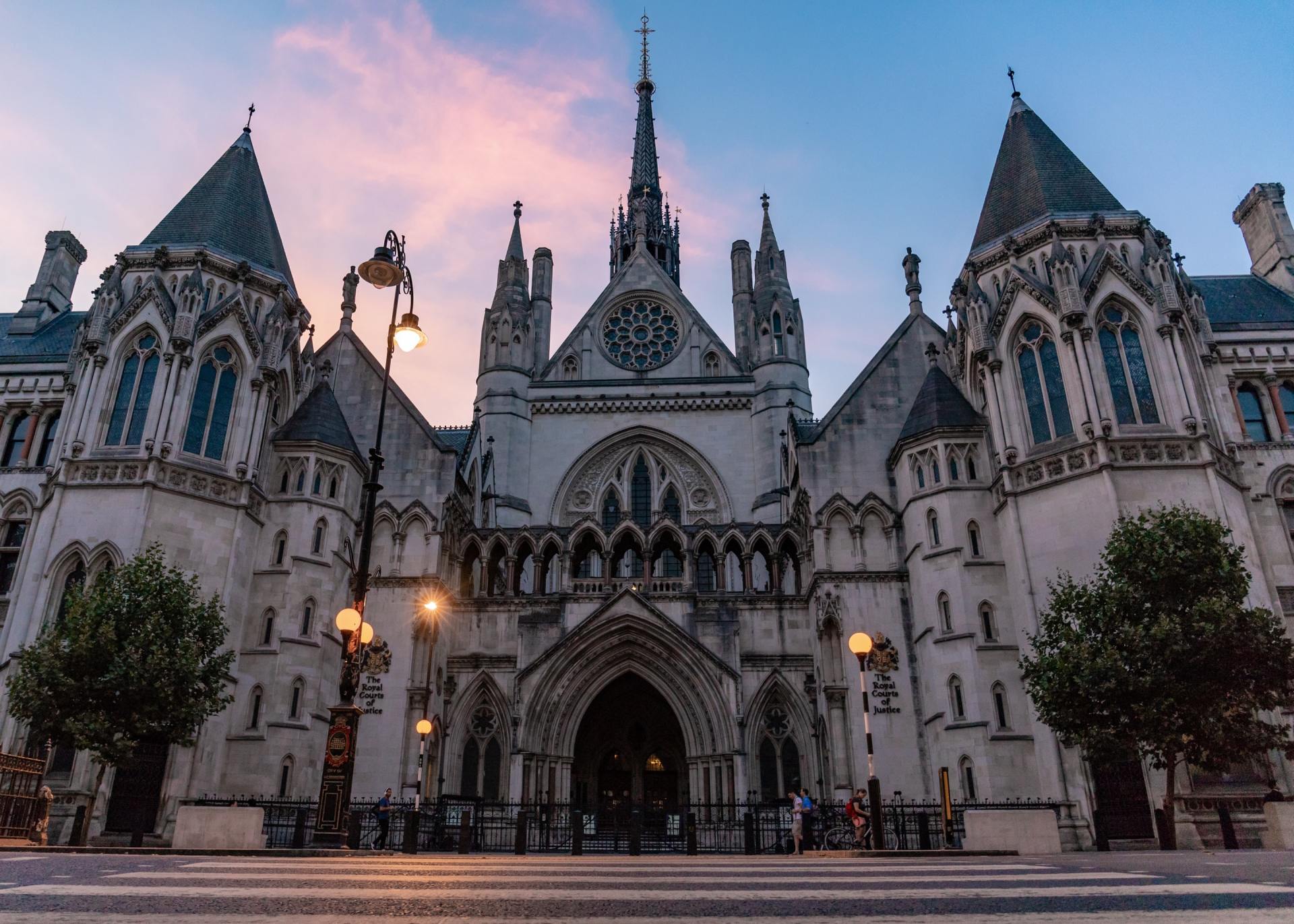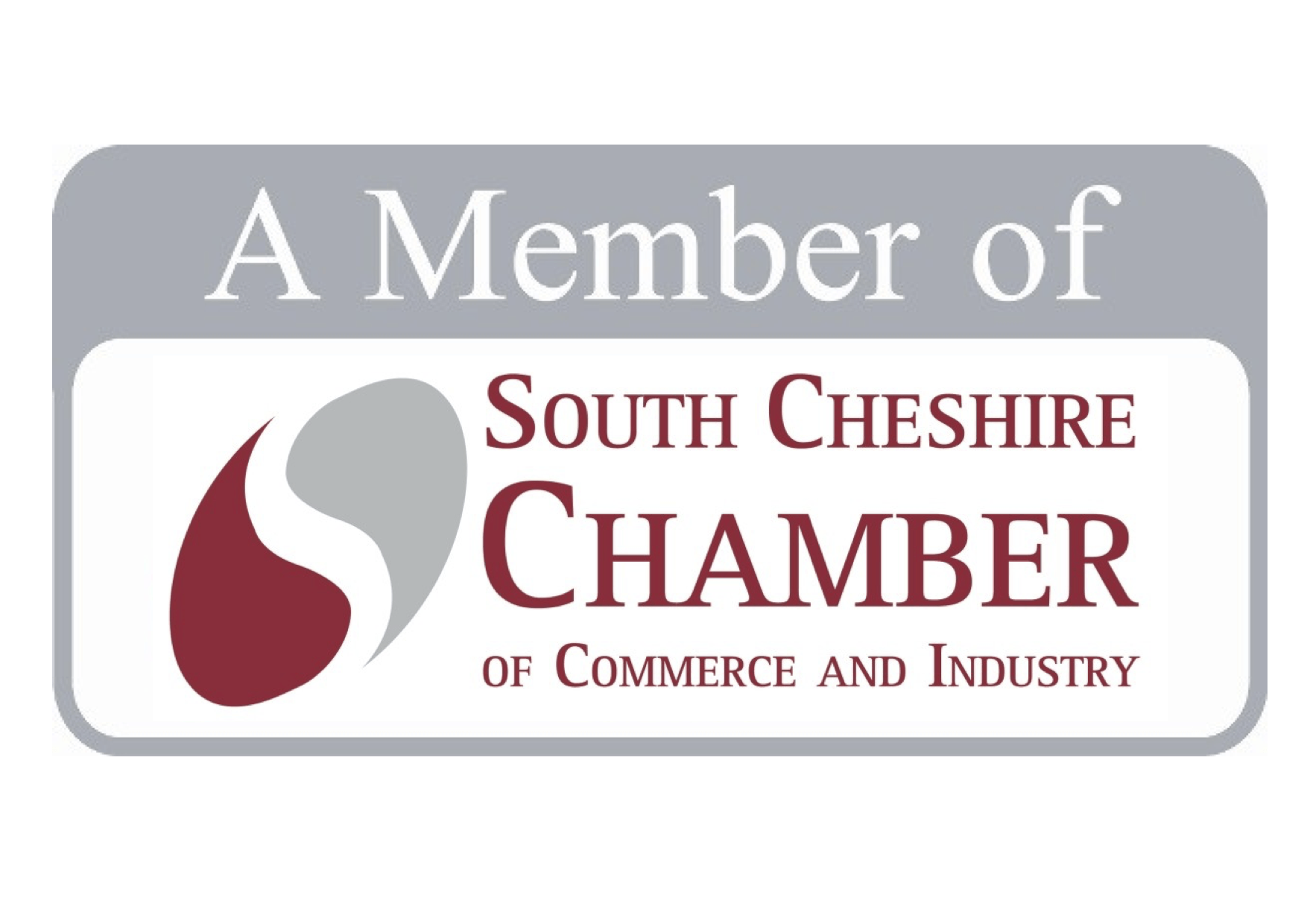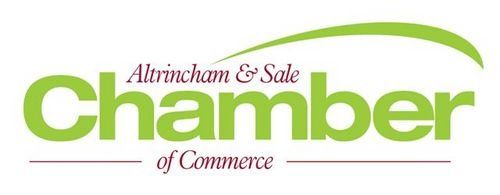About us
The history of NWMS
North West Mediation Solutions was founded in 2006 by Peter Whitman .
Peter’s legal administrative career commenced in the late 1960s within Courts of Quarter Session which, in 1972 became the Crown Court, acting as an High Court Associate. In 1983, he was appointed Senior Clerk to the newly formed barristers’ chambers at 14 Winckley Square in Preston, steering it through its formative years until 1991, when he became clerk to 8 King Street Chambers, remaining there until his retirement in 2005.
Although now retired Peter maintains his links with NWMS and all areas of the profession in Manchester & Lancashire. We continue in his footsteps and are proud members of the Manchester Claims Association, the Federation of Small Businesses ensures and the Manchester Chamber of Commerce.
Whilst our roots are in Manchester, our mediators are now operating nationwide.
Why choose us?
North West Mediation Solutions is a specialist mediation provider, matching highly-qualified and experienced mediators with a range of commercial clients and individuals throughout the UK.
OUR SERVICES
We provide:
- Experienced, professional mediators
- Personal, friendly, attentive and prompt support, and of course, impartiality and confidentiality at all times;
- Mediator Match – We know our mediators inside out and can help to find the right mediator for your dispute.
- Flexible options – half day, full day or multi day mediations
- Help to engage the other parties in the process, if you need it;
- Fixed fees including the Mediator’s preparation time;
- A dedicated support team;
- Help preparing for the mediation, we guide you through the process and the documentation you need,
- Our guide to the day's proceedings to help you prepare yourself and your clients;
- Continuing support after the meeting.
7
Dedicated professionals
+100 years
Years of experience (combined!)
What is mediation?
A form of Alternative Dispute Resolution
CEDR, one of the founder mediation bodies, describes mediation as:
“Mediation is a flexible process conducted confidentially in which a neutral person actively assists parties in working towards a negotiated agreement of a dispute or difference, with the parties in ultimate control of the decision to settle and the terms of resolution.”
Mediation is an alternative to court proceedings which offers a binding agreed settlement facilitated by the independent mediator. The common features which distinguish mediation from public court litigation include:
- privacy and confidentiality, which may help ring-fence the difficulties and preserve working and contractual relationships;
- the procedural flexibility and informality, with the parties having controls over the proceedings, including the timeframe within which the matter is to be conducted – most mediators tell the parties that “it’s your day”;
- control as to where the mediation will take place;
- choice of the neutral independent mediator thereby taking into consideration either the expertise and experience in the substance of the dispute, or on the expertise and experience as a mediator. 80% of those who replied to a survey indicated that they would always appoint a mediator on the experience and expertise as a mediator.
Our team
With more than 25 years of experience resolving disputes for clients nationwide, our team is ready to help.
Contact us



